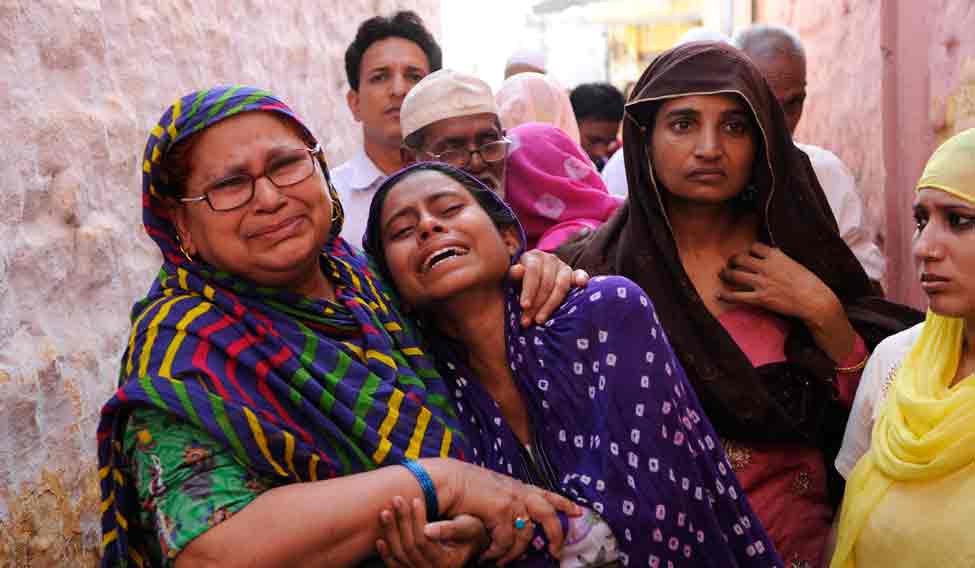The police probing the Dadri lynching incident on Tuesday downplayed the impact of a forensic report that said the meat found on the victim's house was indeed beef and not mutton as previously suspected.
In September last year, a Hindu mob of around 100 people dragged out 52-year-old Mohammad Akhlaq from his house in Bisada village in Uttar Pradesh's Dadri and lynched him over rumours that he stored beef.
In an initial report then, a local government veterinarian said the flesh “looked like mutton” and not beef. However, on Tuesday a forensic lab in Mathura confirmed that the meat was from a “cow or its progeny”.
Eating beef is not illegal in Uttar Pradesh, where Dadri is located, although the slaughter of cows is banned.
“We are investigating the case of Akhlaq’s murder and not cow slaughter. Sending the meat to forensic test was to establish the motive behind the incident,” police official was quoted as saying in a report.
The murder triggered clashes between Hindus and Muslims in the town, and extra police were deployed to keep the peace.
"Dadri police said mutton, now you are saying it is beef. This is all politics," said Akhlaq's brother Jaan Mohammad was quoted in another report.
Madhukar Jaitely, a lawmaker of the state's ruling Samajwadi Party said: "Our stand remains the same. The government's job is to crack down on law and order violations and that is what we are doing. Someone was lynched and we will ensure that justice is one to the person."





